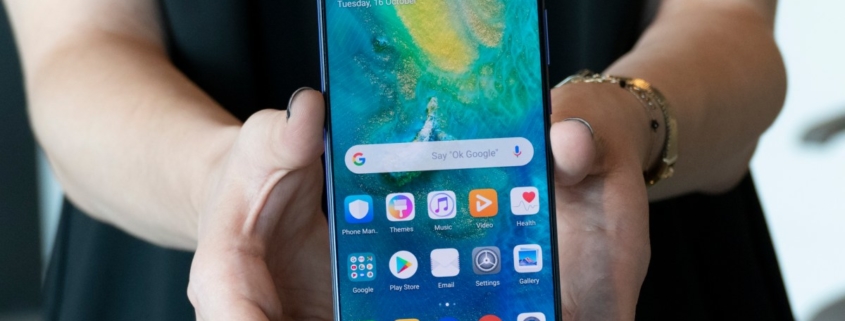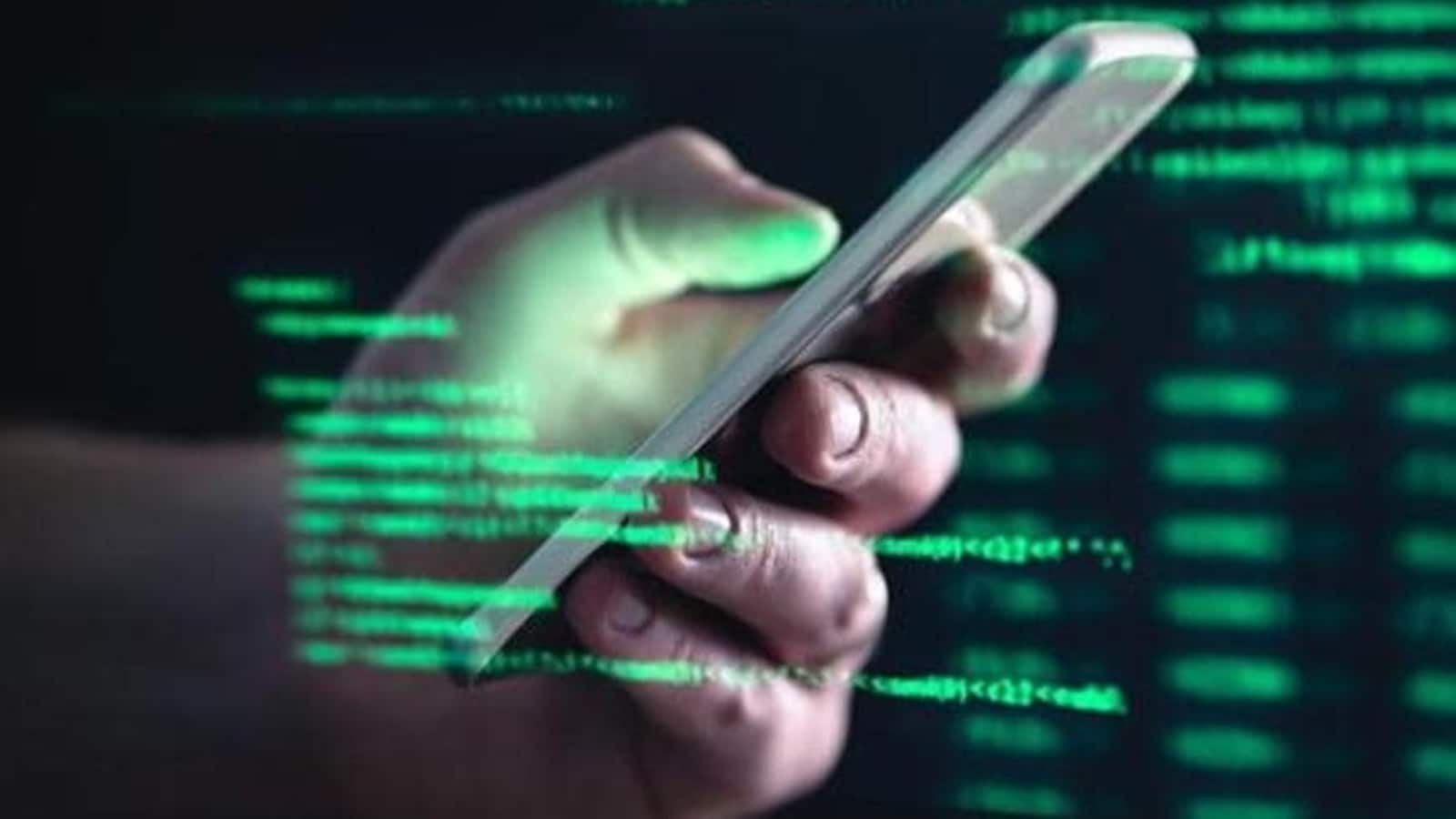6 Ways To Tell If Your Phone Is Hacked—And What To Do Next
Realizing your phone has been hacked can be extremely stressful, but stay calm.
These days, most people are highly reliant on their phone. Three quarters of phone users worldwide use them to chat or send messages, six in ten for banking and nearly half for navigation, according to Statista. Indeed, according to Pew Research, 15% of U.S. adults are “smartphone-only” internet users who depend on their phone as they don’t have a home broadband service. All this means that if something goes wrong and your phone is hacked, your life can be upended — and your bank account cleaned out. Here’s a look at how to know if your phone is hacked, how to avoid it and what to do if the worst happens.
Can Someone Hack My Phone?
Cyber criminals have a variety of ways to take control of, or steal information from, a victim’s phone. All types of phone, whether iPhone or Android, are vulnerable — although Apple phones are generally perceived as being safer, thanks to stronger security controls.
There are a number of different phone hacking techniques. One of the most common is to fool the user into clicking on a malicious link, or into downloading software from a fake app store or elsewhere through what’s known as social engineering, often through the use of phishing emails. Fake public wifi networks can often fool the unsuspecting. Another technique involves a SIM swap, in which an attacker persuades a victim’s mobile provider to transfer their SIM card to a device under their control; infected USB cables or charger cables can also allow an attacker access. And once an attacker has found a way in, a user’s data can be exposed, especially where passwords have been reused.
How To Check If Your Phone Has Been Hacked
Perhaps the most high-profile hack of a phone came in 2019, when the Twitter account of the company’s CEO, Jack Dorsey, started tweeting out a string of bizarre posts. It was immediately clear that his account had been hacked.
In this case, the attackers appear to have used a SIM swap, which was only possible through a “security oversight” by his mobile carrier. More commonly, a phone user becomes suspicious after spotting one or more of the symptoms below.
There…



